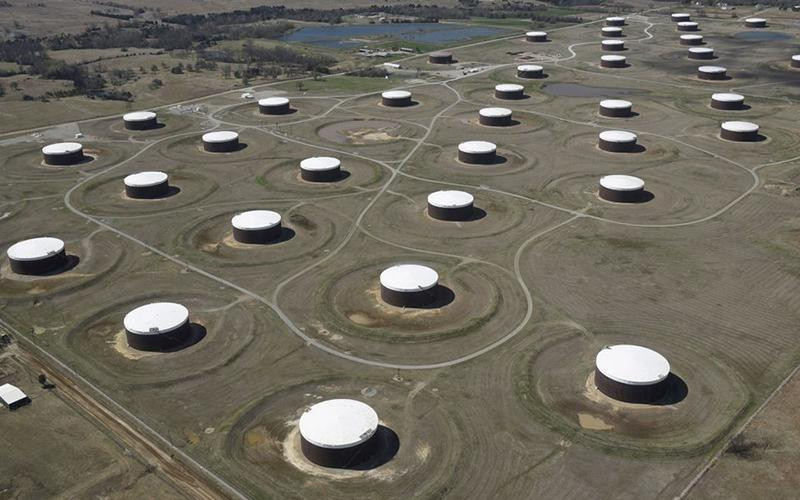Germany and other member states of the European Union (EU) are preparing for a harsh winter, amid continued disruptions in natural gas supplies from Russia, exacerbating the energy crisis and current cost of living.
Since the end of July, Russian state-owned multinational energy corporation Gazprom has reduced gas supply through the Nord Stream 1 pipeline to 20% of capacity, citing problems due to the repair of Siemens turbines, caused by Canadian sanctions.
According to Gazprom, Russian gas exports to EU member states have so far decreased by 48%. President Vladimir Putin remains open to the possibility that Russia will stop supplying oil and gas if Western countries impose a price cap on Russian energy products.
The recent gas supply crisis forced Germany to prepare scenarios to deal with the risk of serious fuel shortages. Calling on the people to join hands to overcome the crisis, Chancellor Olaf Scholz stated that Germany has prepared alternatives to Russian gas, such as building liquefied natural gas (LNG) receiving facilities on the shores of northern German to import liquefied gas, actively implementing gas-saving measures, extending the operation of coal power plants, extending the operation of remaining nuclear power plants if necessary, and providing comprehensive support packages for people and businesses.
According to the Federal Ministry of Economic Affairs and Climate Action, Germany’s gas storage facilities are now about 87% full, and each day the volume of reserves increases by about 0.5%. Germany has confirmed that it will reach its 95% reserve target by November 1.
To save domestic gas suppliers from the brink of bankruptcy, the German government recently announced that it will support gas company VNG, which is struggling due to high gas prices. The company, which meets 20% of Germany’s gas needs, is also the third largest importer of Russian natural gas in Germany, supplying gas for about 400 industrial and service companies throughout Germany. It is the latest German energy company to receive government support due to the impact of the energy crisis.
Earlier in July, energy company Uniper, the largest German customer of Russian gas, was also rescued. Accordingly, the government will buy a 30% stake in Uniper within the framework of the agreement to support the company. Similarly, VNG will also receive support from the government. The move of the German government aims to prevent struggling domestic gas suppliers from causing a chain reaction that can negatively affect the German people.
In addition, Germany plans to subsidise basic electricity usage for households and save cheaper electricity for small and medium-sized businesses. In addition, to prevent increasing gas supply stress and the risk of an energy crisis, Germany has decided to suspend the elimination of nuclear power plants, thereby placing the two nuclear power plants of Neckarwestheim and Isar 2 in a “standby state”. Federal Minister for Economic Affairs and Climate Action Robert Habeck, said that these two plants (out of Germany’s remaining three nuclear power plants) will be maintained until mid-April 2023 in case of necessity.
Although a critical energy crisis is considered very unlikely, however, to ensure supply, Germany still does everything necessary to overcome the current difficulties to ensure energy security, a vital issue for Europe’s leading economy.
















